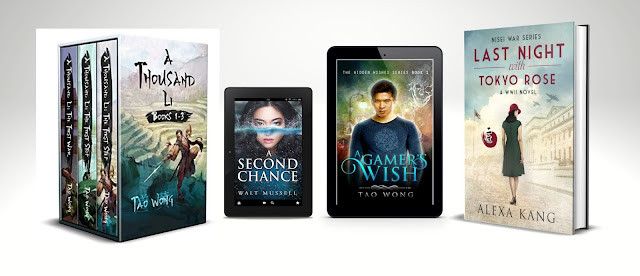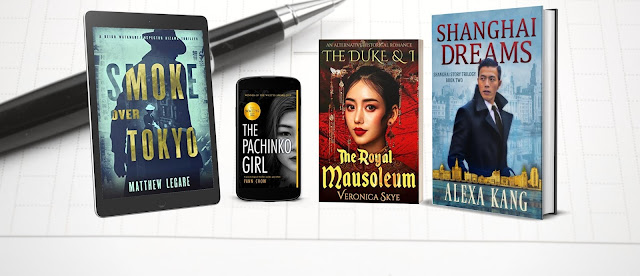 |
Credit: PRH SEA
|
Bio:
Danton Remoto was educated at Ateneo de Manila University, Rutgers University, University of Stirling and the University of the Philippines. He has worked as a publishing director at Ateneo, head of communications at United Nations Development Programme, TV and radio host at TV5 and Radyo 5, president of Manila Times College and, most recently, as head of school and professor of English at the University of Nottingham Malaysia. He has published a baker’s dozen of books in English. His work is cited in The Oxford Research Encyclopaedia of Literature, The Princeton Encyclopaedia of Poetry and Poetics, and The Routledge Encyclopaedia of Postcolonial Literature.
Synopsis:
Riverrun, A Novel, deals with Danilo Cruz, a young gay man growing up in a colourful and chaotic military dictatorship in the Philippines. The form of the novel is that of a memoir, told through flash fiction, vignettes, a recipe for shark meat, feature articles, poems and vivid songs. The setting ranges from provincial barrio to cosmopolitan London. The grimness and the violence are leavened by the sly wit and wicked humour. Riot.com, the biggest independent platform for the publishing industry in the USA, has called this novel “one of the five most anticipated books by an Asian author in 2020.”
EC: Welcome to Asian Books Blog, Danton. Congratulations on Riverrun, a delightful and poetic read, lightly trodden but deeply impactful; and indeed, as intended, it reads like a personal, intimate memoir. Why did you decide on having this ‘memoirish’ cant?
DR: Thank you, Elaine. I really intended it to be written lightly, as it were, since the topic is the grimness and violence of a military dictatorship in the Philippines. The narrative form is that of a memoir, which is influenced by James Joyce in A Portrait of the Artist as a Young Man and the stories in Dubliners. Even the title of my novel comes from Ulysses by Joyce. A memoir allows for a more personal, chatty tone, and the genre itself connotes memories. Talk is one of the things banned in a military dictatorship, so I tried to capture the hidden talk, whispered conversations, snide remarks and seemingly unintended jokes cracked in a dictatorship. I also experimented with Filipino English in this novel, trying to capture the way educated Filipinos spoke in English. I had written books of poetry and essays before I wrote the first draft of Riverrun at Hawthornden Castle, an old castle haunted by ghosts, in Scotland. This influenced the way the novel is written—lyrical in some parts, chatty in others. I wrote in longhand, on yellow pad paper, and I wrote from 9 AM to 5 PM, stopping only for lunch break or to take a walk around the chilly woods that April of 1993. When I found out the voice I would use – a slightly older and more cynical person recalling his bittersweet past – the words seemed to fall into place.



















